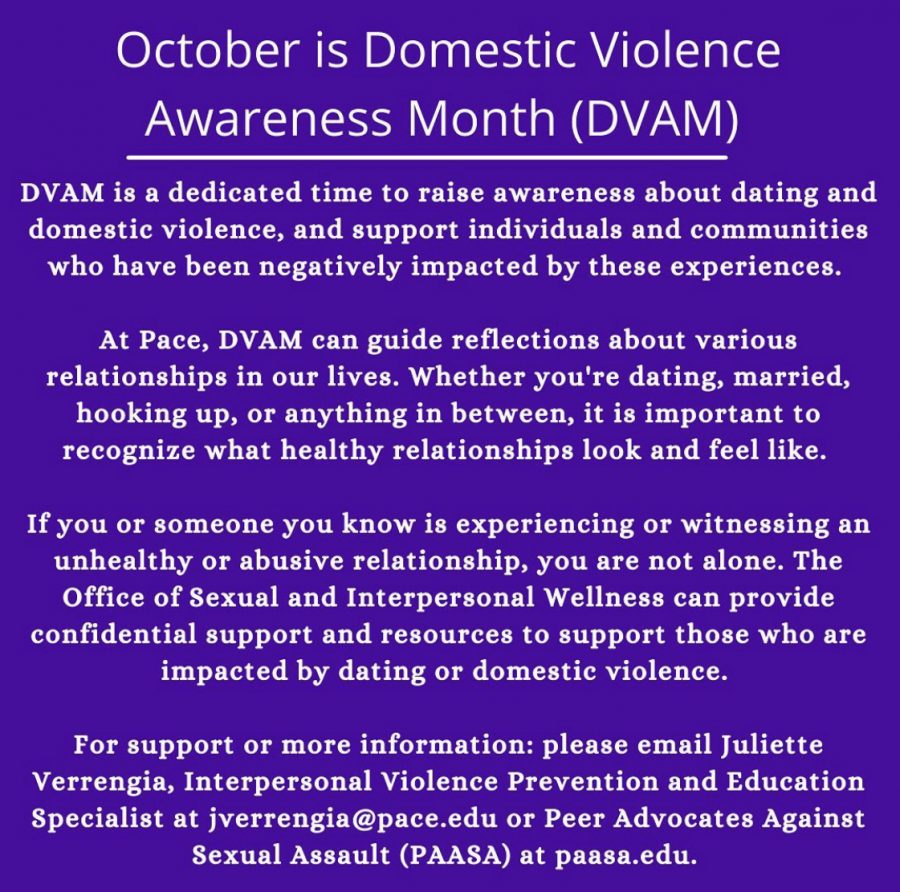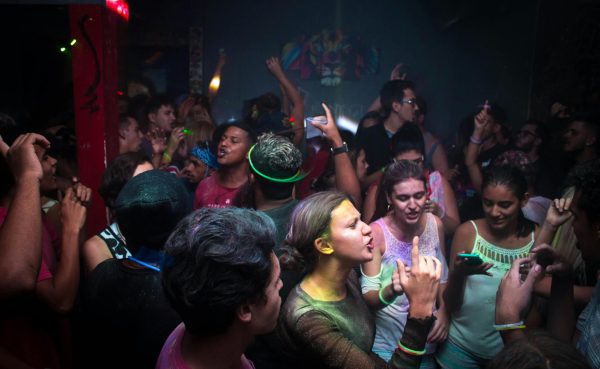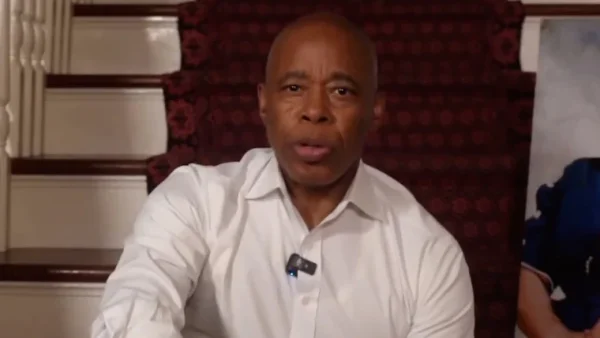PAASA hosts events recognizing Domestic Violence Awareness Month
October 28, 2021
Domestic Violence Awareness Month is recognized each October to raise awareness for domestic violence and its prevalence in today’s world. According to The National Coalition Against Domestic Violence, 1 in 3 women and 1 in 4 men have experienced physical violence by an intimate partner. Statistics on domestic violence are staggering, but many also go unreported. Anyone can be affected by interpersonal violence and it is crucial to understand the toll this epidemic takes on victims.
The University’s Office of Sexual and Interpersonal Wellness is doing many events to recognize Domestic Violence Awareness Month (DVAM). The office deals with sexual harassment, violence and mental health. It is run by specialist and social worker Juliette Verrengia, a confidential resource for students at the University.
The office also has Peer Educators, called the Peer Advocates Against Sexual Assault (PAASA), who assist in programs and trainings the office holds. These Peer Educators are also confidential resources for University students seeking guidance and information.
The Office of Sexual and Interpersonal Wellness hosts many events and trainings throughout the year, with this month being full of necessary programming.
The Pace Press spoke with Verrengia, who said: “Everyone deserves relationships (friends, romantic and/or sexual) that make them feel happy, excited, supported, proud, and confident. It is not normal or healthy to feel confused, mistreated, disrespected, bullied, fearful, insecure, or anxious in a relationship. The peer educators and I are confidential and can have those conversations with students who are concerned about their relationship/s. DVAM is a good time early in the semester to promote healthy behaviors (communication, trust, support, independence, consent) and raise awareness about the harm caused by unhealthy behaviors (isolation, blaming or guilting a partner, non-consensual behavior, pressure, gaslighting).”
This month, PAASA has already held multiple events like the Healthy Relationships Workshop that provided students tools to understand what a healthy and happy relationship looks and feels like. They also held a “These Hands Don’t Hurt” event in which students pledged not to use their hands for violence. Students placed their hands on a large sheet of paper and traced it with a marker, then wrote what good things they would do with their hands like “petting dogs,” “holding hands,” and “holding doors open.”
View this post on Instagram
Later this month, there will be plenty of events for students to attend. On Oct. 22, there will be a discussion on online dating that includes the best and safest habits to practice while using dating apps. The following week, on Oct. 26, PAASA hosted a Bystander Intervention training, an essential guide in identifying signs of dating/sexual violence and discrimination and what they can do to protect themselves and others.
On Oct. 29, there will be an Instagram Live called “Couples, Consent, and Halloween,” focusing on staying safe during the Halloween season. The discussion will include topics like consent and safe sex for single people and couples.
The Pace Press spoke with some Peer Educators at PAASA, who are all working hard to make this Domestic Violence Awareness Month full of events and crucial information for students.
The group of Peer Educators released a statement: “‘These Hands Don’t Hurt’ was a great event. Everybody seemed so excited to participate and we felt hopeful after the event. It was so great to see the ZBT fraternity come to the event, and it seemed like they were into it, which meant a lot.”
Many members told The Pace Press their thoughts on the importance of Domestic Violence Awareness Month and how they came to be involved in the organization.
University Peer Educator Camden Robertson said: “I joined PAASA because I’m passionate about eliminating experiences of injustice in my community. Interpersonal violence is preventable.”
Freshman University student Felicity Flores commented: “Domestic violence isn’t based on income, gender, or lifestyle. It can happen to anyone and we want to be preventative and help people make informed decisions about their relationships. We want everyone to be in healthy, happy, fulfilling relationships if they so choose.”
Another Peer Educator, Frankie Manniello, told The Pace Press: “Our events are so welcoming. For DVAM, we are sharing knowledge but also a sense of comfort and safety that’s really important.”
Nicole Anclien also stated: “DVAM is super important because a lot of students, especially with the pandemic, are beginning new relationships now. They probably didn’t learn much of this in high school so it’s important for them to have that awareness.”
The Pace Press thanks the Peer Educators at PAASA and Juliette for their time and effort in creating safe spaces for students and their engagement in this piece.
If you or anyone you know needs more information, please email Juliette Verrengia at [email protected].










